“Unlock the Secret Power of Music: 3 Game-Changing Strategies for Screenwriters You Never Knew!”
3 Ways You Should NOT Use Music in Your Screenplays
Let’s start with what not to do.
1. Don’t Use Songs as Source Material
It’s copyright infringement—plain and simple. The rights to a song must typically be purchased to adapt it into a movie.
This involves acquiring either copyrights or licenses depending on how the song is used, which usually includes two primary components:
- Composition Rights (Publishing Rights): These cover the song’s underlying composition (lyrics and music). Whoever owns the publishing rights—whether the songwriter or a music publisher—must permit the song to be adapted into a movie. This is essential if the song forms the basis of the movie’s narrative or is referenced in significant ways.
- Master Recording Rights: If the filmmakers wish to use the original recording of the song (the exact version made by the artist), they need to obtain the master rights from the entity that owns the actual recording, usually the record label.
In the case of movies based on songs (Alice’s Restaurant, Purple Rain, or Ode to Billie Joe), filmmakers would have had to negotiate with the songwriters and/or their publishers for the right to adapt the narrative of the song into a feature-length film.
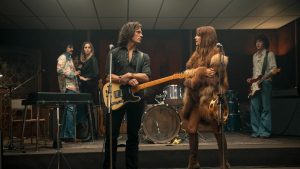
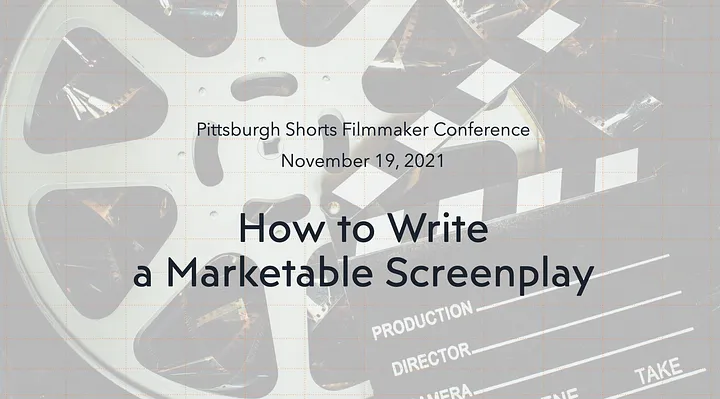

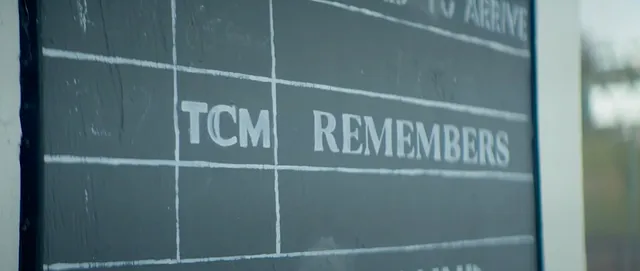

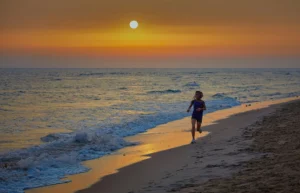






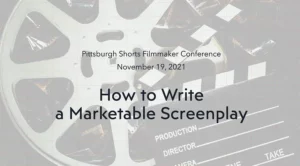

Post Comment